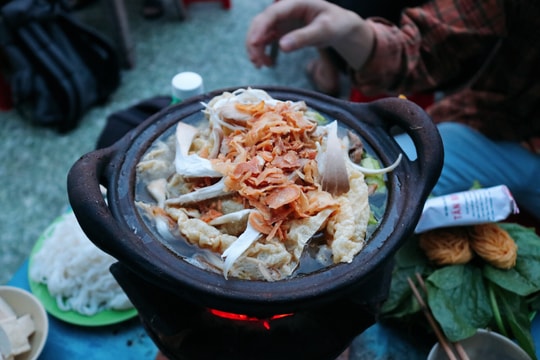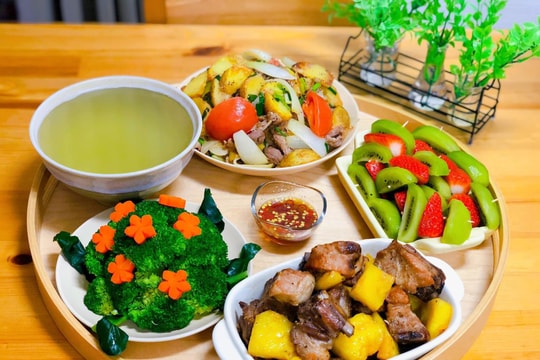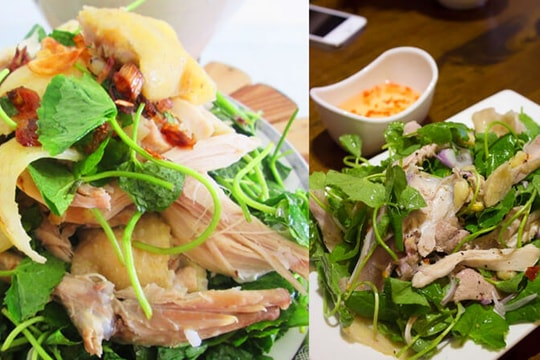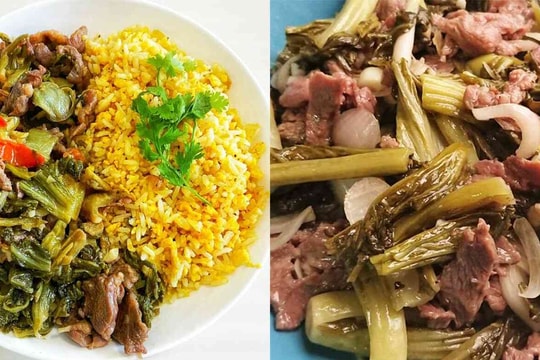When should or should not wash rice before cooking?
Washing too thoroughly removes the most important nutrients in the rice grains.
Having to rinse rice several times before cooking, removing all the cloudy water is a long-standing cooking habit of many people. This is a misconception because nutrition experts advise that this action does not help clean the rice but on the contrary, it takes away a lot of nutrients in the rice.
|
Many people feel secure when buying pre-packaged rice, white and fragrant rice grains that when you pour water to wash, you only see a layer of clear water. In fact, this is rice that has been carefully processed through many stages, so it has less nutrients than rice with a layer of white powder that makes the rice water cloudy.
The outer layer of the rice grain after milling still has a layer of bran attached that if you dip your hand in, you will feel it clearly. That bran layer contains vitamin B (B1, B3, B6) and fiber along with many other minerals, especially cellulose which has the effect of reducing harmful cholesterol levels in the blood. Therefore, when washing rice thoroughly, you have accidentally pushed out all the beneficial substances for the body.
However, according toChowhound, manufacturers often add talc powder after cleaning rice flour - which can attract termites or rice worms. Talc is white like rice flour, has the ability to absorb moisture, oil, odors to help you store rice for a long time without spoiling and they are not beneficial to human health. Therefore, sometimes washing rice thoroughly to remove talc is necessary. If you buy rice labeled without preservatives, you can rest assured that rinsing it with water is enough.
How to cook delicious rice:
- Add cold water, stir the rice gently, then add the first water to remove dirt. Use the second water to cook the rice. Never rinse the rice vigorously.
- Cooking rice with warm water will help you retain 30% more vitamin B1 than cooking with cold water.

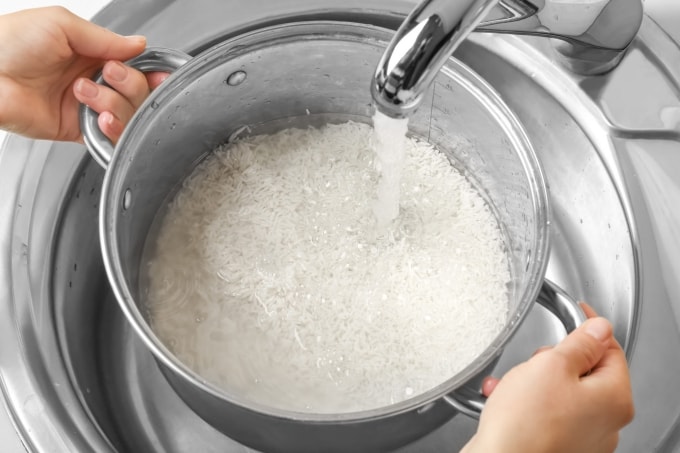
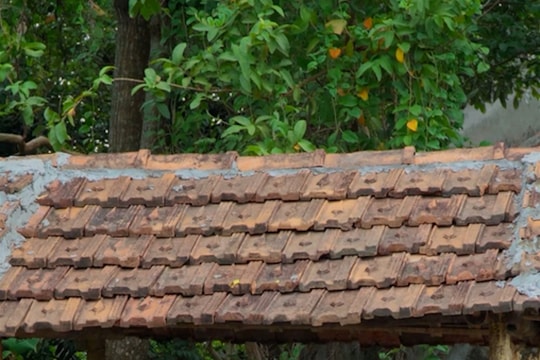
.jpg)
